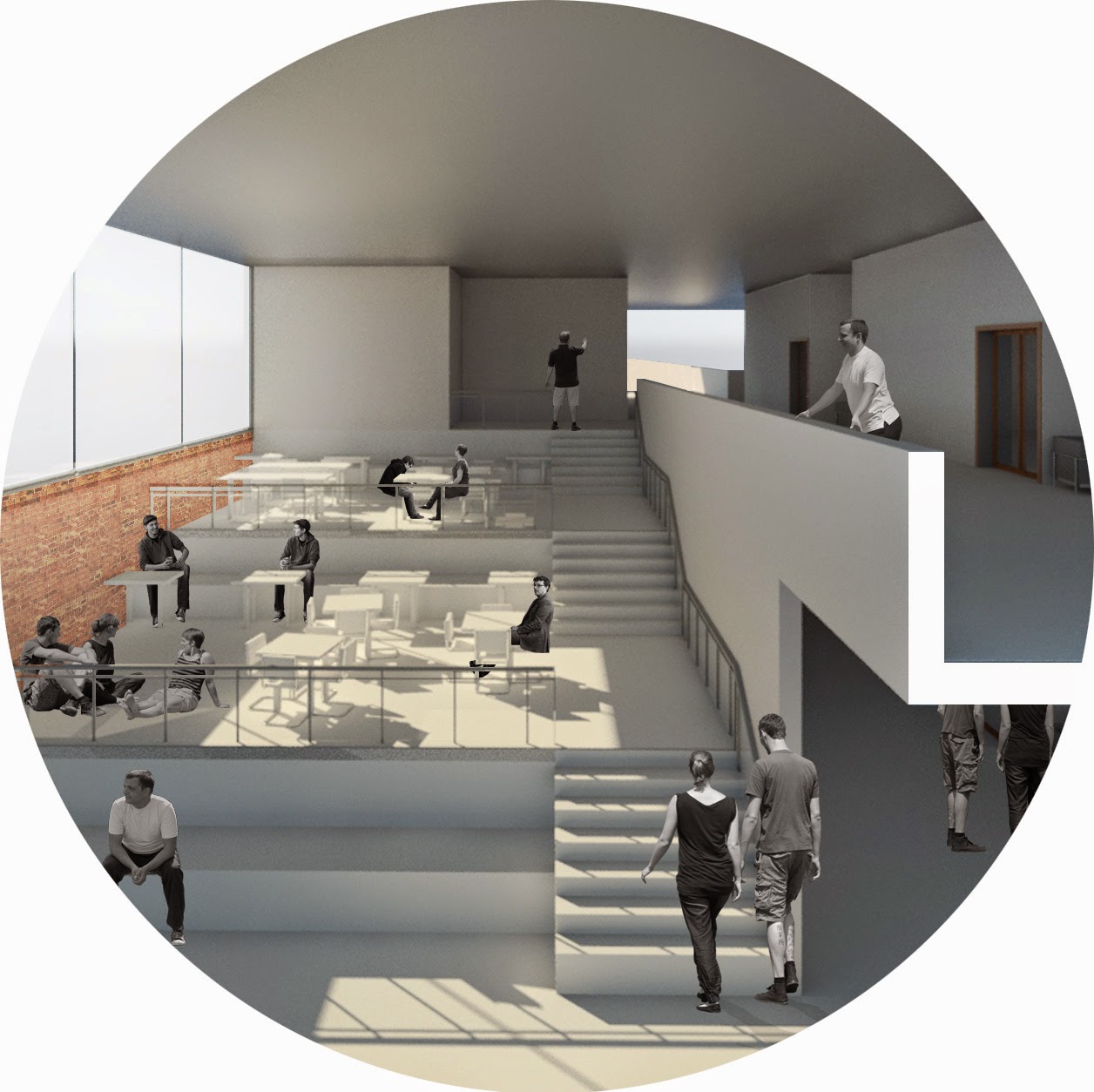Indigenous Australians are not traditionally considered sedentary; rather aboriginal culture defines its people as responsible for the land such that they are obliged to continually traverse it in an almost cyclic nature – not unlike nomads. This new manner of habitation, forced sedentism, is a result of systematic social, political, economic, and even physical pressure imposed by Western society post European colonisation. However, having been separated from their land and denied cultural freedom, sedentary communities such as the Wakathuni community in the Pilbara region present an opportunity for cultural survival. Since they represent a concentrated centre of cultural connections otherwise not found in modern Australia.
Showing posts with label Heritage. Show all posts
Showing posts with label Heritage. Show all posts
Saturday, 30 April 2016
Research Abstract; Design and Education; Indigenous Cultural Survival
Labels:
Aboriginal,
Architecture,
Australia,
Culture,
Curtin,
Design,
Education,
Heritage,
History,
Housing,
Indigenous,
Opportunity,
Pilbara,
Preservation,
Relationship,
Research,
Sedentary,
Survival,
Wakuthuni
Thursday, 29 January 2015
Manifesto; Scotch College Redevelopment
This proposal involves the adaptive reuse of a heritage school building at Scotch College, which was previously renowned for its poor condition - particularly with respect to lighting, ventilation, circulation and functionality.
This design, more specifically, explores sustainable learning spaces and the goals of holistic education which were to be achieved within the despite its prior condition. It was the intent of the proposal to maintain the majority of the existing built fabric, findings solutions to close material and energy loops where possible. The resulting strategies chosen have informed the treatment of interior in an effort to celebrate learning; that each classroom may operate under equitable conditions.
This design, more specifically, explores sustainable learning spaces and the goals of holistic education which were to be achieved within the despite its prior condition. It was the intent of the proposal to maintain the majority of the existing built fabric, findings solutions to close material and energy loops where possible. The resulting strategies chosen have informed the treatment of interior in an effort to celebrate learning; that each classroom may operate under equitable conditions.
Subscribe to:
Posts (Atom)


